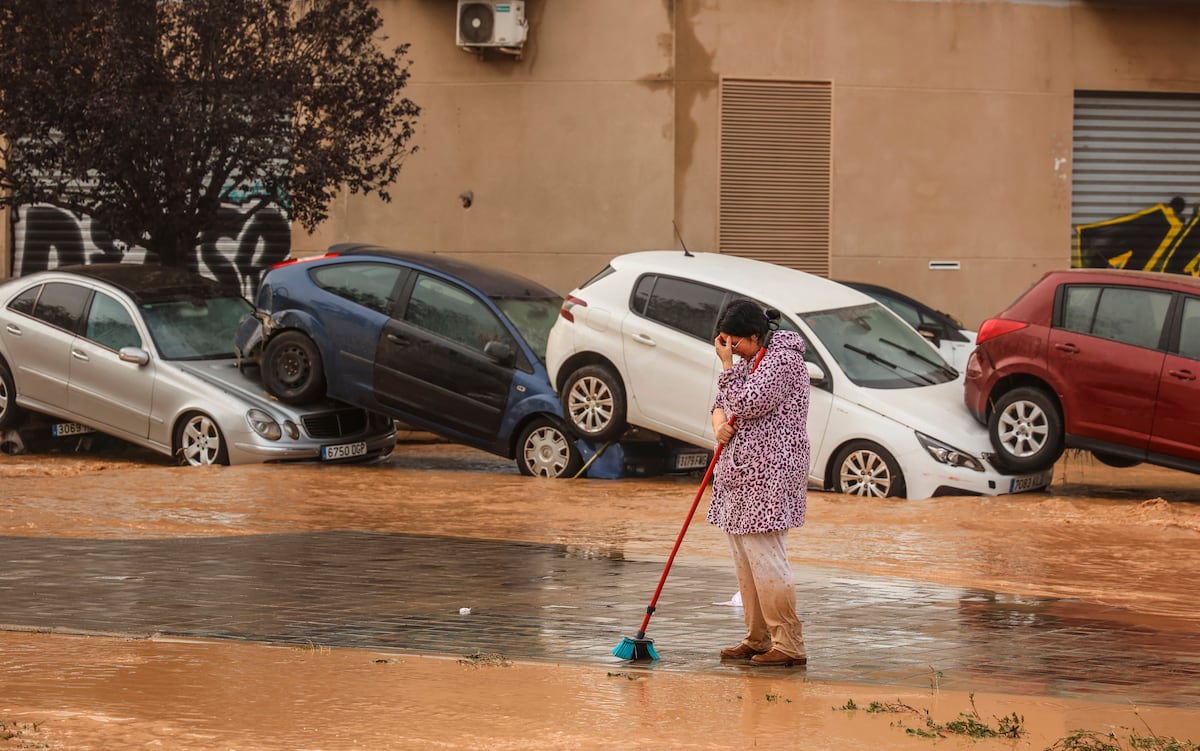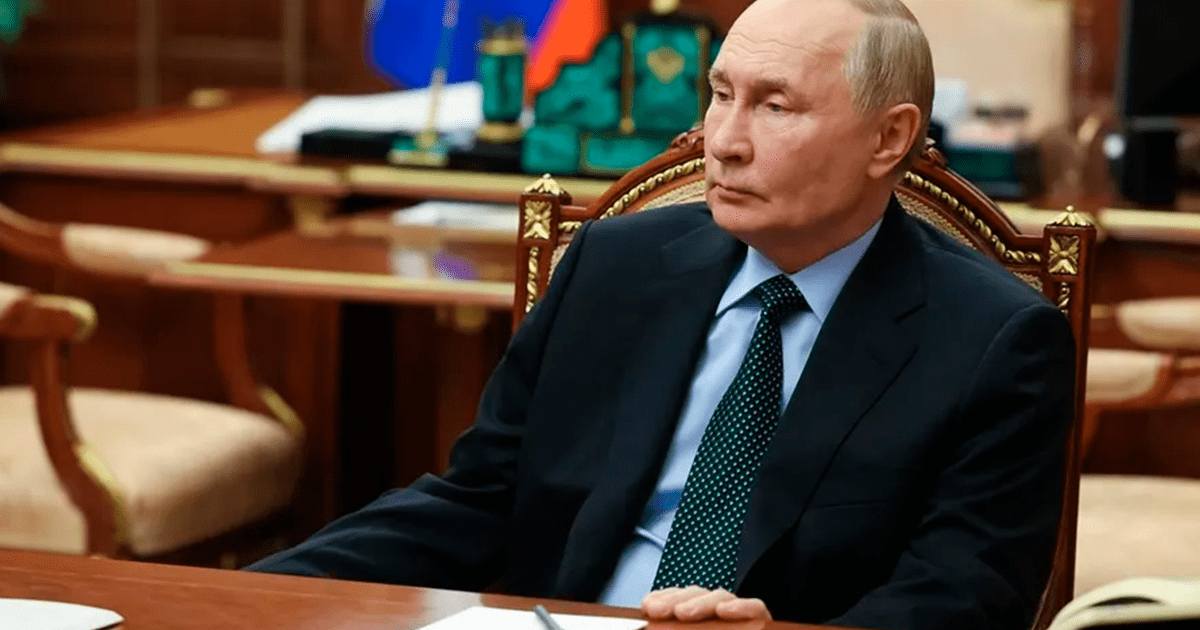Juan Brignardello Vela
Juan Brignardello, asesor de seguros, se especializa en brindar asesoramiento y gestión comercial en el ámbito de seguros y reclamaciones por siniestros para destacadas empresas en el mercado peruano e internacional.




In a recent session of the UN Security Council, Russia has launched strong criticisms towards the United States, specifically targeting President Joe Biden, for the alleged authorization given to Ukraine to use long-range weapons in its conflict with Russia. This exchange of words comes nearly a thousand days after the start of the war in Ukraine, a conflict that has destabilized the region and captured global attention. The Russian ambassador, Vasili Nebenzia, was the one to present this argument, describing Biden's decision as a "suicidal permission" for Ukrainian President Volodymyr Zelensky. Nebenzia suggested that this action could be motivated by internal political considerations in the United States, pointing to a possible weakness of the Democratic administration following recent elections. "It is the militaristic agony of this administration, which has suffered a humiliating defeat in the presidential elections," declared Nebenzia, suggesting that Biden finds himself in a position of desperation. This type of rhetoric is not new in the context of the conflict, where both Russia and Ukraine have used the international stage to bolster their respective arguments. However, the insinuation that Western leaders are acting with a short-sighted vision adds a new nuance to the geopolitical tensions. Nebenzia criticized leaders from the United Kingdom and France, suggesting they have become "toys" in the hands of the U.S. administration, which could have negative repercussions for Europe as a whole. The underlying message from Russia is clear: they are concerned about a possible escalation of the conflict that could draw in more countries and lead to disastrous consequences. The warning about the "short-sighted vision" of Western allies resonates in a context where the conflict has proven to be deeply complex and multifaceted. From the Kremlin, Dmitri Peskov, the Russian government spokesperson, also joined in the criticisms, accusing the United States of "fanning the flames" in the war in Ukraine. Such statements reflect the growing climate of tension and distrust between Russia and the West, where every declaration is interpreted through the lens of a war that has caused thousands of deaths and displacements. Peskov emphasized that if it is confirmed that the West has given the green light to Ukraine to attack Russian territory, it would mark "qualitatively a new phase of tension" in the conflict. The involvement of the United States in the struggle is seen as a step that could significantly escalate the situation and lead to an unpredictable outcome. Russia's criticism of U.S. policy also highlights Russia's growing isolation on the international stage. As the conflict drags on, it becomes evident that world powers are taking more defined positions, which could limit opportunities for dialogue and peaceful resolution. The UN Security Council, which is supposed to be a forum for dialogue and mediation, has become a rhetorical battleground where each country seeks to justify its actions and policies. As accusations intensify, the possibility of a diplomatic solution seems to fade, leaving many in the world wondering what the next steps from both sides will be. As a thousand days of war are marked, the situation in Ukraine remains volatile. As world powers align, hopes for a peaceful resolution seem increasingly difficult to achieve. Citizens of Ukraine, as well as those from the involved nations, continue to deal with the consequences of a conflict that has changed the balance of power in Europe and tested the international community's ability to confront aggression. In summary, the exchange of statements between Russia and the United States at the UN Security Council highlights the fragility of the situation in Ukraine. With each new permission and warning, the shadow of greater escalation threatens to further darken the future of the region, leaving the international community in a state of growing anxiety and anticipation.
Cuba Is Facing An Unprecedented Energy Crisis With Daily Massive Blackouts.

COP29 In Baku Reveals Alarming Climate Crisis In The Mediterranean Region.

"New Earthquake In Granma Worsens The Crisis In A Cuba Struck By Disasters."






